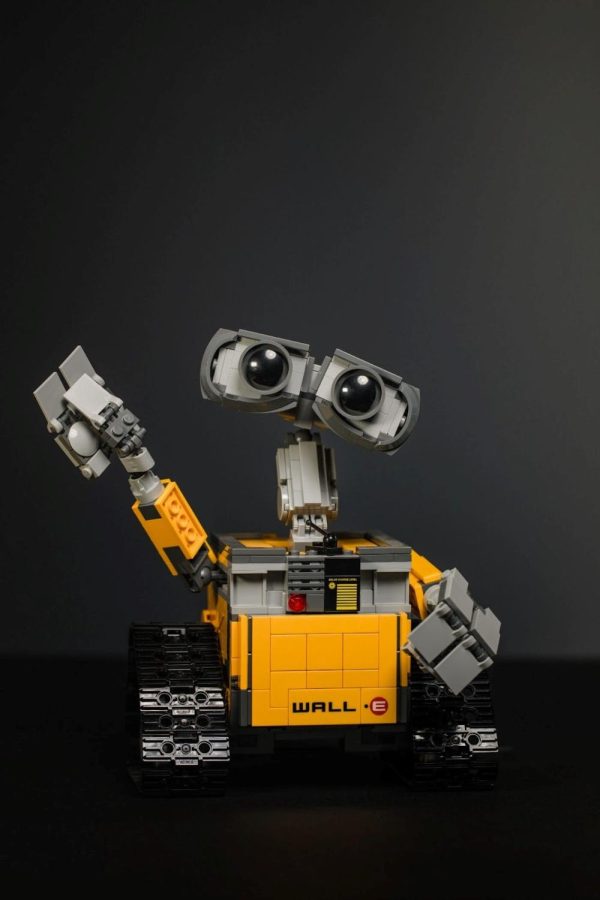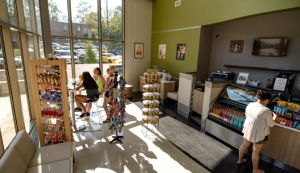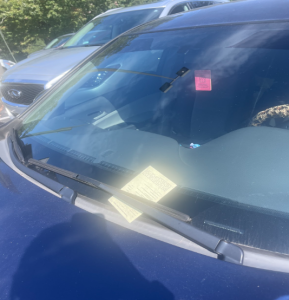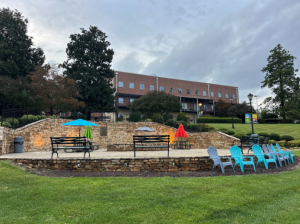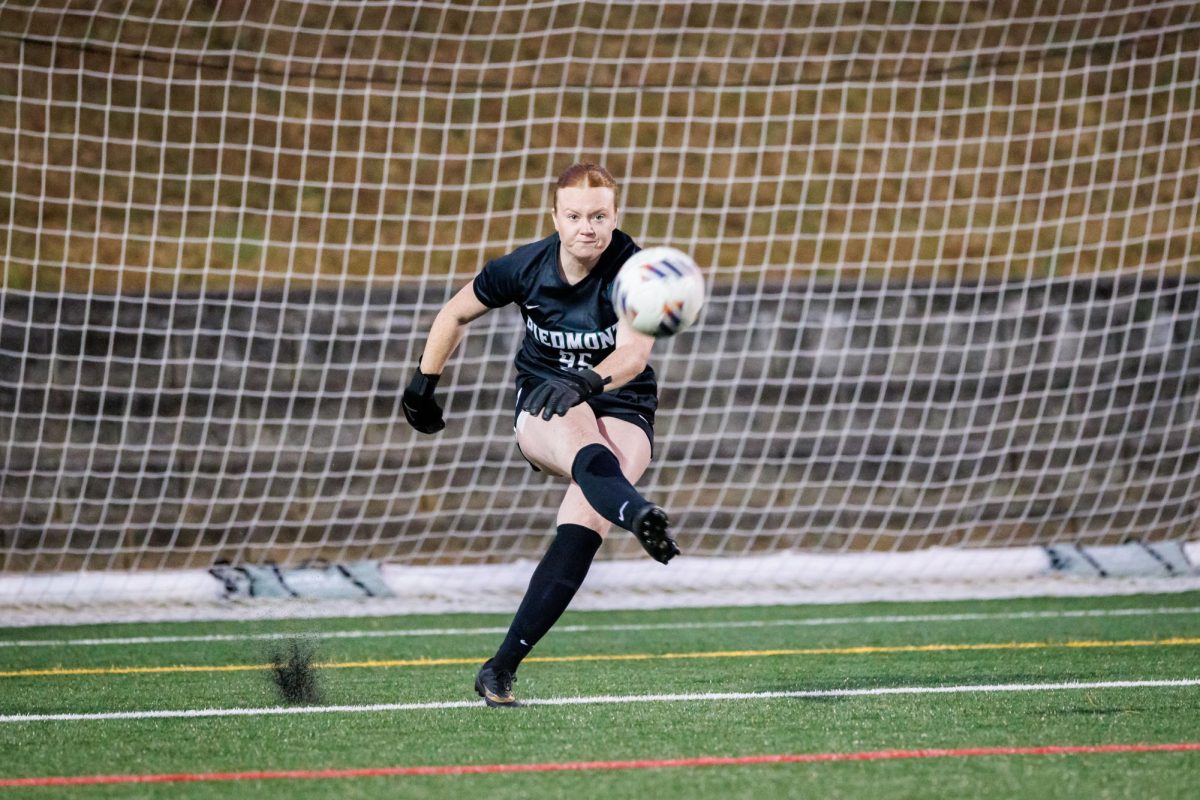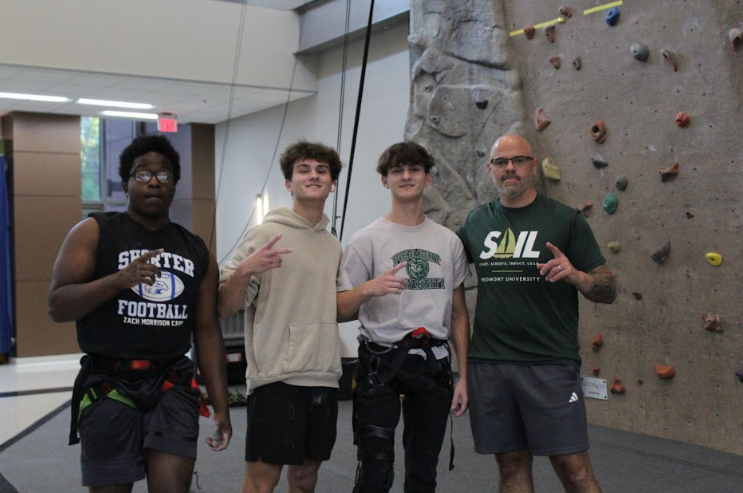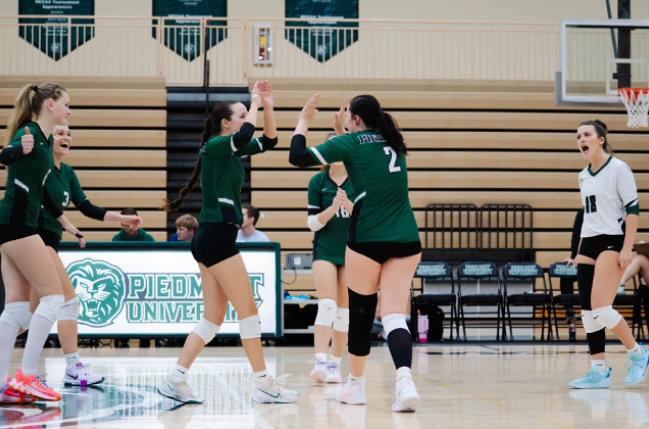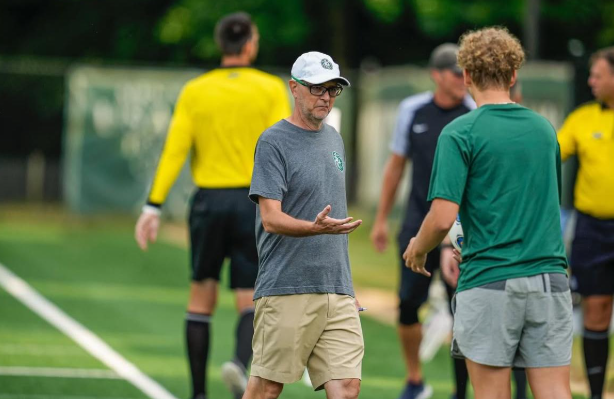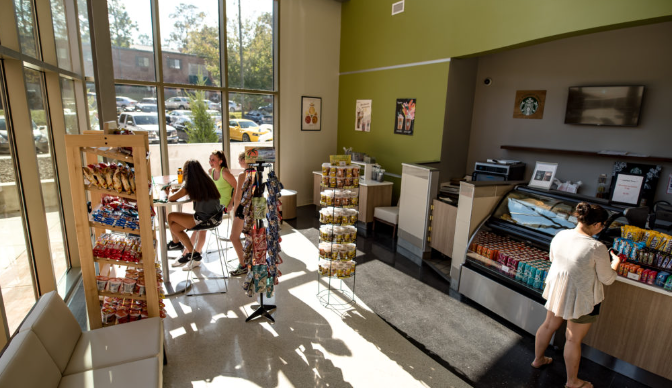APRIL FOOLS: Piedmont Professors To Be Replaced With A.I.
The use of A.I is making its way to Piedmont University this fall. PHOTO// Jason Leung from Unsplash
April 1, 2023
We are in a state of financial insecurity. Piedmont University has resorted to artificial intelligence to teach the incoming class of 2027 instead of having actual professors in new attempts to cut back on spending.
To Piedmont’s surprise, the raising of tuition rates caused an abrupt decrease in student admissions, making the need for professors borderline pointless. Maybe it has to do with recent spending?
“I just wanted a submarine, geez,” said Piedmont University President Marshall Criser.
The submarine from Amazon was not available for comment at this time.
Students and faculty seem to be having qualms about this decision as some are more excited than others about the future of the education quality at Piedmont.
“Honestly, I am so excited not to teach next year,” said mass communications chair Dr. Joe Dennis. “I can finally retire and open up my mini-golf course called ‘Joe-in-One.’”
According to CNBC and ZDNet, over 300 million jobs are currently at risk of being replaced by A.I. since its popularity has surpassed 100 million active users this year alone. Piedmont has deemed this as an opportunity but is it entirely a good thing?
“I am worried that my A.I. professors are going to haunt my dreams,” said junior graphic design major Elizabeth Carter. “The thought of Chat GTP echoing through the halls of the art building is urging me to just become part of the president’s submarine crew instead of actually going to class.”
The decision to utilize A.I. as a way to educate future students creates several questions. How will students receive announcements from their robot professors if they can’t physically write letters to their assigned carrier pigeon? What do students do if professors lag mid-lecture? Will testing grades increase or decrease with each passing semester?
“We are unsure of how well student-robot communication will work after implementing carrier pigeons, but that’s a problem for later,” said Piedmont University technician Jeremy Cooper. “The important thing to remember is that we are trying to make the best out of a techy situation.”


